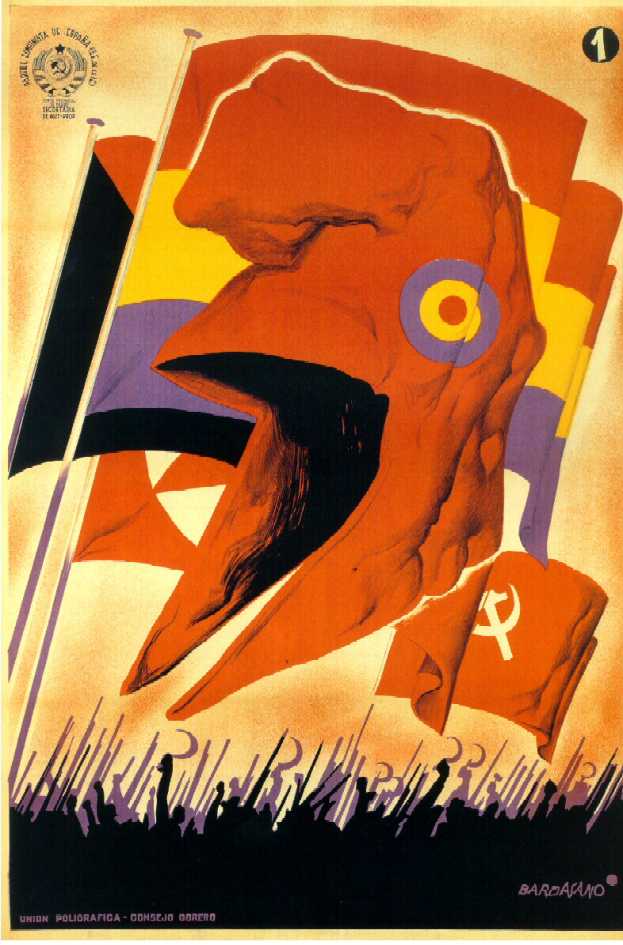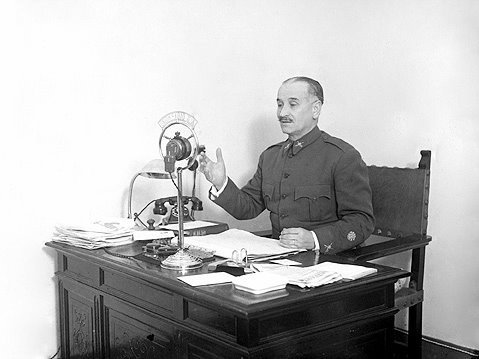Those Pyrenees aren't really made for Blitzkrieg, are they?
Should Spain avoid getting targeted for invasion by the Axis, will discussions on TTL's AH.com pertaining to the possibility have a status akin to that of the Unmentionable Sea Mammal? I mean, any attempt by the German and Italian Fascists to invade Red Spain will surely invite a response from Uncle Joe - unless perhaps it's attempted sometime after Barbarossa commences. But even then, Axis logistics will be stretched even further than OTL in such a scenario.






